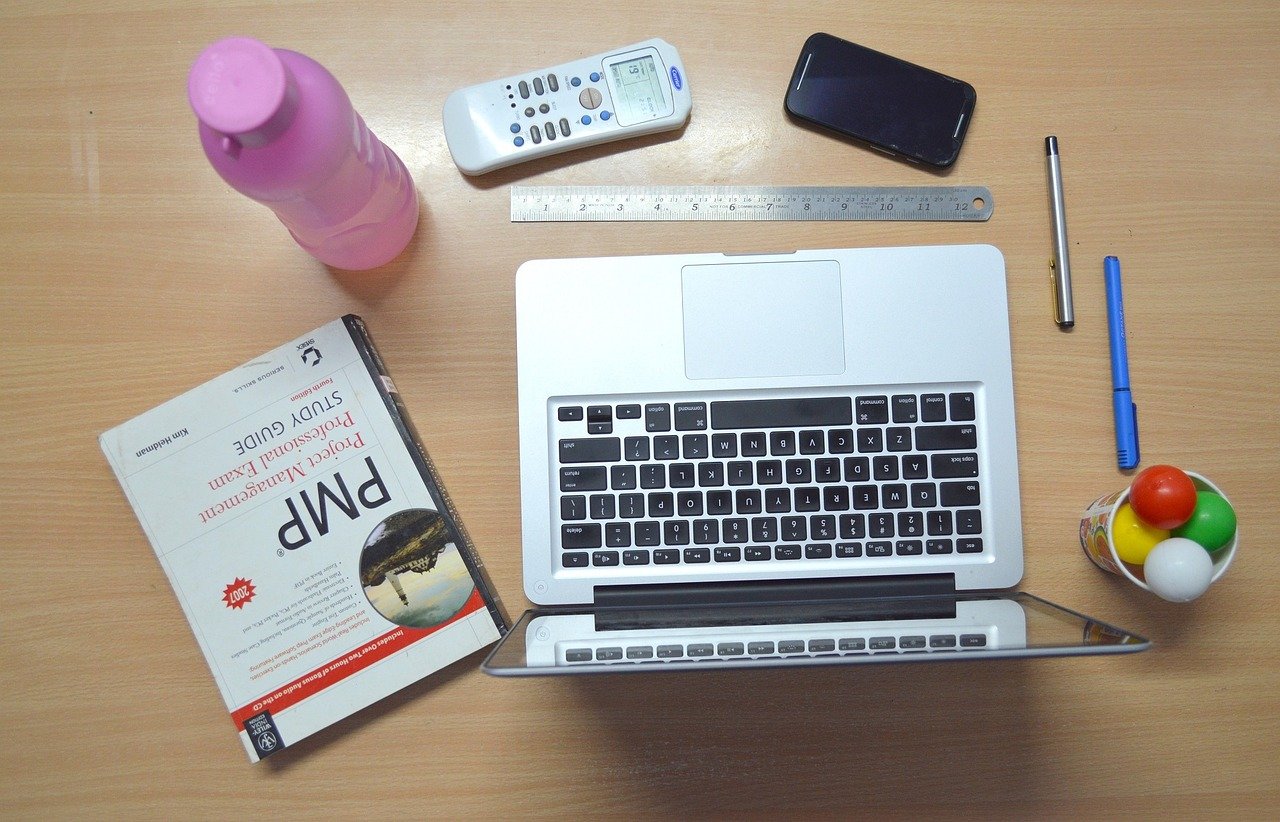A well-maintained plumbing system is essential for a smooth-running household. From washing dishes to enjoying a hot shower, we use our plumbing daily. However, we often don’t think about maintenance until something goes wrong.
The good news is, that with the right tips and tricks, you can keep your plumbing working efficiently and avoid costly repairs. In this post, we’ll share simple DIY tasks and preventive steps to help you take care of your pipes, drains, and fixtures for years.
Let’s start taking care of your plumbing today!
1. Regular Inspections Are Key
The foundation of any proactive plumbing maintenance plan begins with regular inspections. Most homeowners might find this tedious, but it pays off significantly in the long run. Aim to conduct a thorough inspection of your plumbing system at least once a year.
During this inspection, look for leaks, cracks, or signs of corrosion in pipes. A small leak can lead to major issues, including water damage and mold growth if left unaddressed.
For a comprehensive check, consider hiring professional Westminster plumbing services, for instance, to identify potential problems that may not be visible to the naked eye. Additionally, keep an eye on your water bill; any unexplained spikes may signify a leak somewhere in your system that needs immediate attention.
2. Preventive Maintenance and Repairs
Engaging in preventive maintenance can save you significant money by avoiding repairs down the road. You can regularly flush your water heater to eliminate sediment buildup, which can cause inefficiency and shorten its lifespan. Additionally, consider inspecting and replacing faucet aerators and showerheads to improve water flow and conserve water, reducing your monthly bills.
Another important aspect of preventive maintenance is keeping your drains clear. Hair, grease, and debris can accumulate over time, leading to blockages.
Use natural solutions like baking soda and vinegar to maintain clear drains without harsh chemicals. If you notice slow drainage, try to address it immediately to avoid more serious clogs.
3. Know Your Water Pressure
Water pressure is a critical element of your plumbing system. If it’s too high, it can stress pipes, leading to leaks and system failures. Ideally, residential water pressure should be between 40 to 60 psi (pounds per square inch).
If you suspect that your pressure is too high, invest in a pressure gauge to check it. To maintain optimal water pressure, consider installing a pressure-reducing valve (PRV), which can lower excessive pressure coming into your home. Monitor your water pressure regularly and make necessary adjustments to ensure longevity in your plumbing system.
4. Be Mindful of What Goes Down the Drain
What you allow to go down your drains can impact your plumbing system’s health. Many homeowners might not realize that seemingly harmless substances can cause severe plumbing failures over time. For instance, never pour fats, oils, or grease down the kitchen sink, as these can solidify and lead to major blockages.
Likewise, toilet drains should only be used for human waste and toilet paper. Items like wipes, sanitary products, and cotton balls can cause clogs and expensive repair work.
Maintain Your Plumbing System and Ensure Long-Term Efficiency
Maintaining your plumbing system is crucial for long-term efficiency and avoiding costly repairs. By following simple tricks, you can save both time and money in the long run.
Don’t wait for a plumbing emergency, start implementing these tips today and keep your pipes flowing smoothly for years to come. Don’t forget to call a professional for any major issues that may arise. Your plumbing system will thank you!
Looking for more tips Make sure to bookmark our page and come back to check out more interesting articles.











